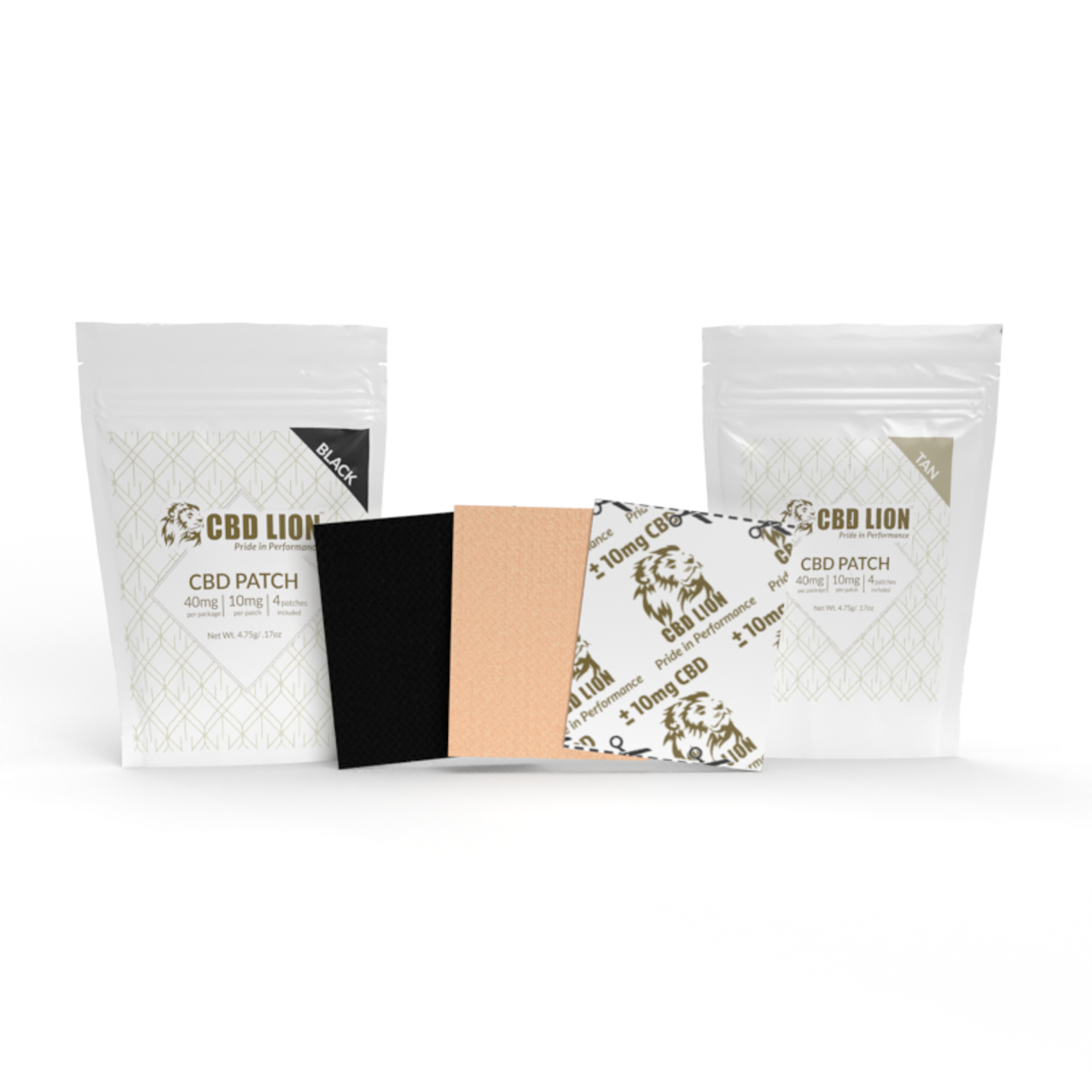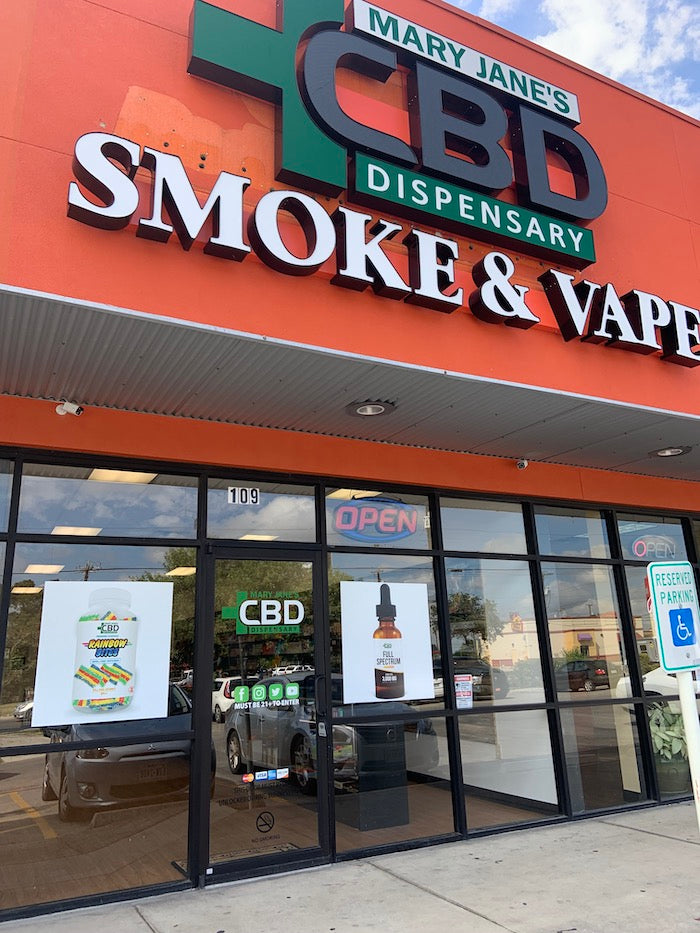
Cannabidiol, which is a compound found in marijuana has both antiepileptics and immunomodulatory qualities. It also interacts directly with the receptors of the neurotransmitter, serotonin. This article will cover the many ways that cannabidiol might help you with your symptoms. It is hoped that you will find it useful in helping to decide if this natural substance can help your health.
Cannabidiol, a compound derived from cannabis plants, is a chemical compound.
Cannabidiol (or cannabis oil) is an extract of the cannabis plant. It is used for epilepsy treatment and to reduce inflammation and pain. Cannabis and its many forms are increasingly being used as therapeutic treatments for a variety of conditions. Although it isn't legal in every state where it is grown, there are some states that have legalized cannabis. Researchers have found a range of cannabinoids as well as terpenes in cannabis. Some of these compounds are promising for medical treatments.

It has antiepileptic properties
Cannabidiol has antiepsy effects, but there is no clear evidence that cannabidiol causes seizures. Researchers are investigating its potential for treating epilepsy in other conditions, such as Tuberous Sclerosis Complex and Lennox Gastaut syndrome. The compound has also been shown to have a positive impact upon cognition. It is an important question to ask whether cannabidiol works as an antiepileptic agent.
It is known to have immunomodulatory properties
Research shows that cannabidiol is capable of improving immune function. The body's immune response may be controlled by the Endocannabinoid System, also known as endocannabinoids. When this system is triggered, the immune system reacts in an inappropriate manner, leading defense cells to attack healthy organs. Some studies show that cannabinoids can help improve the functioning and immune system function in people with autoimmune conditions. These studies are still preliminary, and further studies will be needed to identify the exact benefits and mechanisms of Cannabidiol's immune system effects.
It interacts with the receptors for serotonin, a neurotransmitter
The neurotransmitter serotonin is released from nerve cells and binds to the receptors on target cells. The brain is home to many serotonin-receptors, but the majority are found in the hippocampus. These receptors can be both homo and heterodimerized. They play an important role in the regulation and development of the limbic system.

It is not regulated by the FDA
Cannabidiol is one of over 100 cannabinoids found within Cannabis sativa. Also known as cannabis or hemp, it is also called CBD. It was first isolated and characterized in 1963, but the public has only recently become interested in its potential therapeutic uses. CBD-rich products can now be found in grocery stores, gas stations and online retailers.
FAQ
Which countries produce CBD of the highest quality?
The United States produces the majority of CBD products.
However, CBD products can also be made in Canada, Australia, New Zealand and Israel.
Does CBD have a future?
Yes. But not because of its medical benefits but rather due to its ability to help people feel better without getting high.
It is a great alternative to prescription drugs because it doesn't make your feel different.
There is ample evidence to support the claims that cannabis can relieve pain, anxiety, depression, insomnia, among other conditions.
Cannabinoids are also found in cannabis, which interact with brain receptors. This interaction can produce feelings of relaxation, well-being, and even a sense of well-being.
So if you're interested in using cannabidiol (CBD) oil for health reasons, then it's important to understand what exactly it does and how it affects us.
How do prices for CBD differ across states?
Prices for CBD products depend on where you are located. You can even find prices that are more than 10 times higher in some places!
In general, prices increase the further north you go. CBD is expensive in Alaska on average at $35 per gram. It costs in Hawaii around $200 pergram.
This trend continues throughout the country. Prices for grams range from $5 to $2,500.
Why is this happening?
Prices vary because of different levels of regulation. Some states require CBD products to contain minimal THC (the psychoactive element of marijuana). Some states don't care how much THC is present.
This is why some companies decide to sell products in one country and then send them to another.
Statistics
- OralWhere HED is the human equivalent dose, and Km is a correction factor estimated by dividing the average body mass (BM) of the species (60, 0.020, and 0.150 kg for 11 humans, mice, and rats, respectively) and by its surface area (see: Nair et al. (ncbi.nlm.nih.gov)
- CBD seems unlikely to directly influence sleep in healthy humans [115] (and maybe “sleep-promoting” in those with certain comorbid conditions) (ncbi.nlm.nih.gov)
- While the primary injury may not be treatable, interventions that attenuate secondary sequelae are likely to be of benefit [203].Only one study (ncbi.nlm.nih.gov)
- however, one study also found that these effects were virtually abolished when the original media (a nutrient broth agar) was replaced with one containing 5% blood (increasing the minimum concentration to ~160 μM CBD) [179]. (ncbi.nlm.nih.gov)
- The use of these products is likely to become even more widespread if the World Health Organization's recommendation that CBD no longer is scheduled in the international drug control conventions is adopted by the United Nations member states [201]. (ncbi.nlm.nih.gov)
External Links
How To
How to Get Certified To Sell CBD Products
CBD (cannabidiol), is one of hundreds of cannabinoids in cannabis plants. It has been used medicinally for centuries, even in South American countries like India, China, and China. In recent years, however, its popularity has skyrocketed due to its ability to treat conditions like anxiety, pain, epilepsy, and inflammation. There is no formal certification program for CBD products. At least, not in the U.S. Anyone who wants to sell CBD products will have to use the "unofficial", self-certification process.
You have two options. The first way is to join an association of local cannabusiness owners. This allows you to network with other owners and get advice and support. There are currently numerous associations all over the country. There are two options. The first is to open an online business. Most states now allow canna-businesses to operate online. If your state allows online canna-businesses, you can immediately set up a website and begin accepting orders. However, you must still register with your state's Department of Public Health. Once you have been registered, you will be able apply for a state license through the department of public health. Once you have your license, it is legal to open your shop and accept orders.